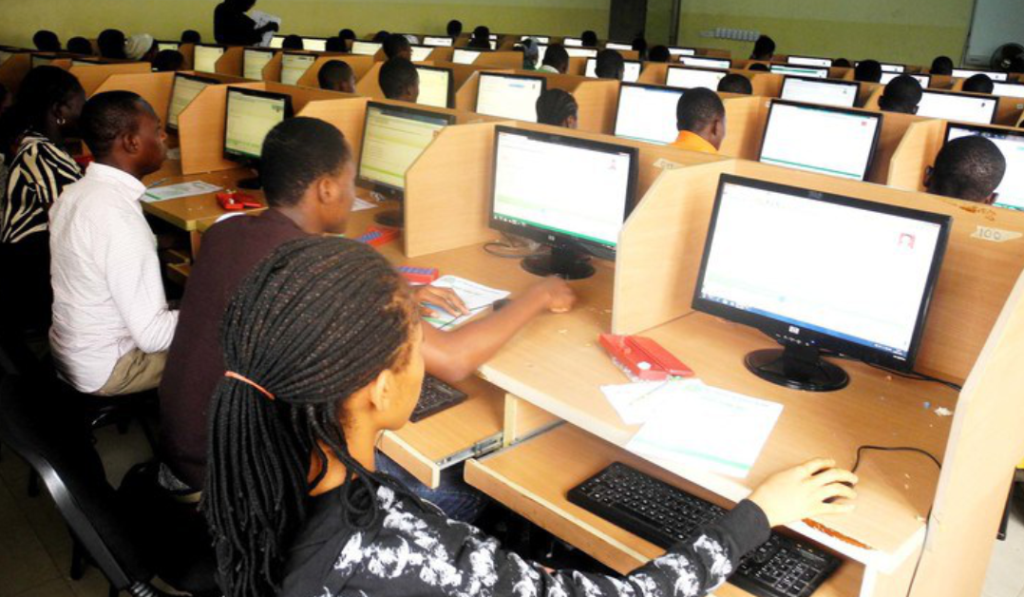The Importance of Computer Literacy to Nigerian Youths in This Digital Age

In today’s interconnected world, computer literacy has become not just a valuable skill but a necessity, especially for Nigerian youths striving to thrive in a rapidly advancing digital landscape. With technology permeating every aspect of modern life, from education to employment and entrepreneurship, the ability to navigate and utilize computers and the internet effectively is crucial. This blog explores why computer literacy is so vital for Nigerian youths today.
1. Empowerment in Education:
- Access to information: Computer literacy opens doors to a vast array of educational resources, including online courses, research materials, and collaborative tools.
- Enhancing learning outcomes: Students can leverage computers to improve understanding through interactive simulations, multimedia content, and virtual learning environments.
2. Career Advancement:
- Job readiness: Many jobs now require basic to advanced computer skills. Proficiency in word processing, spreadsheets, and presentation software is often a minimum requirement.
- Emerging opportunities: The digital economy offers avenues for remote work, freelancing, and digital entrepreneurship, all of which necessitate strong computer literacy.
3. Entrepreneurial Endeavors:
- Start-up potential: With access to computers and the internet, Nigerian youths can launch businesses with minimal upfront costs, reaching global markets from local communities.
- Digital marketing: Understanding computers allows entrepreneurs to promote products and services online, utilizing social media, e-commerce platforms, and digital advertising.
4. Community Development:
- Bridging the digital divide: Computer literacy initiatives can help narrow the gap between urban and rural communities in Nigeria, fostering inclusivity and equal access to opportunities.
- Social impact: Empowered youths can contribute to societal development through initiatives in healthcare, education, governance, and environmental sustainability.
5. Global Connectivity:
- Networking and collaboration: Computers facilitate communication across borders, enabling Nigerian youths to connect with peers, mentors, and experts worldwide.
- Cultural exchange: Access to global information promotes cultural awareness and understanding, enriching perspectives and fostering tolerance.
6. Adaptability in a Digital World:
- Lifelong learning: Continuous technological advancements require individuals to adapt and update their skills regularly, making computer literacy a cornerstone of lifelong learning.
- Digital citizenship: Understanding computers includes awareness of online safety, cybersecurity, and ethical considerations, preparing youths to navigate the digital world responsibly.
In conclusion, computer literacy is not just about knowing how to use a computer—it’s about equipping Nigerian youths with the tools and skills needed to succeed in a technology-driven society. By investing in computer education and ensuring equitable access to technology, Nigeria can empower its youth to innovate, create, and contribute meaningfully to the nation’s development in this digital age.
By embracing computer literacy, Nigerian youths can turn challenges into opportunities, bridging gaps, and shaping a future where technology serves as a catalyst for positive change. Let’s empower our youths today for a brighter, digitally inclusive tomorrow.